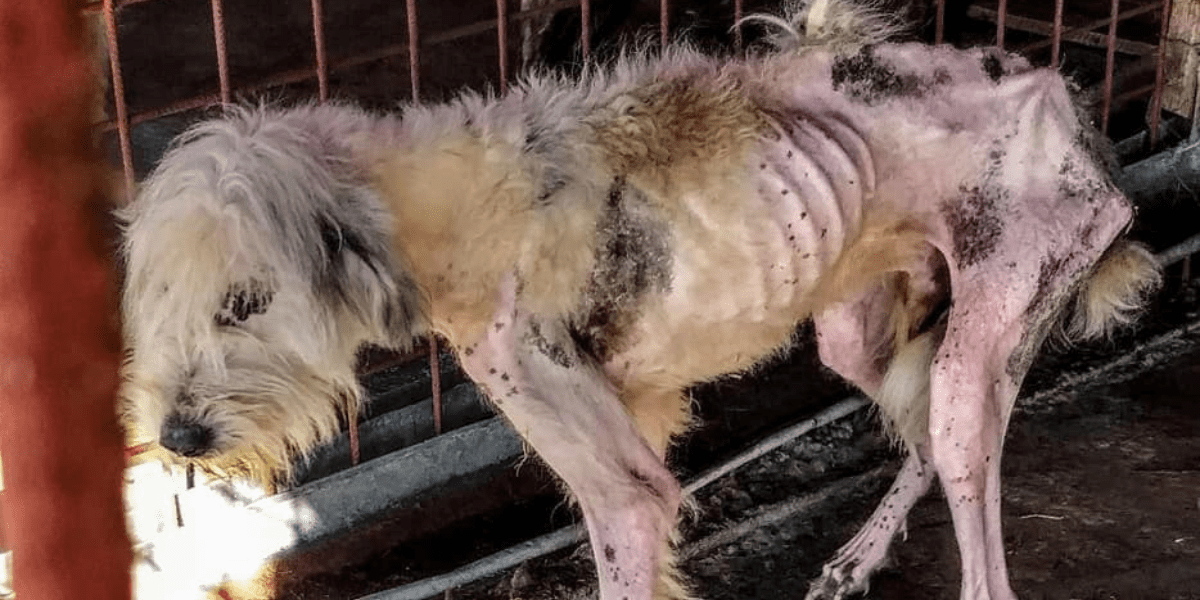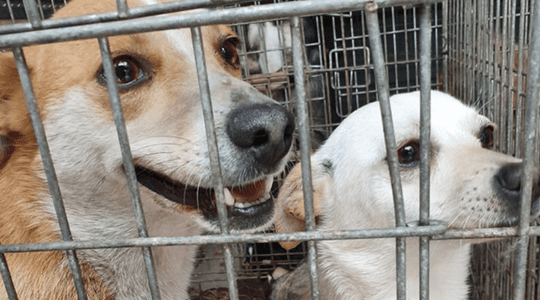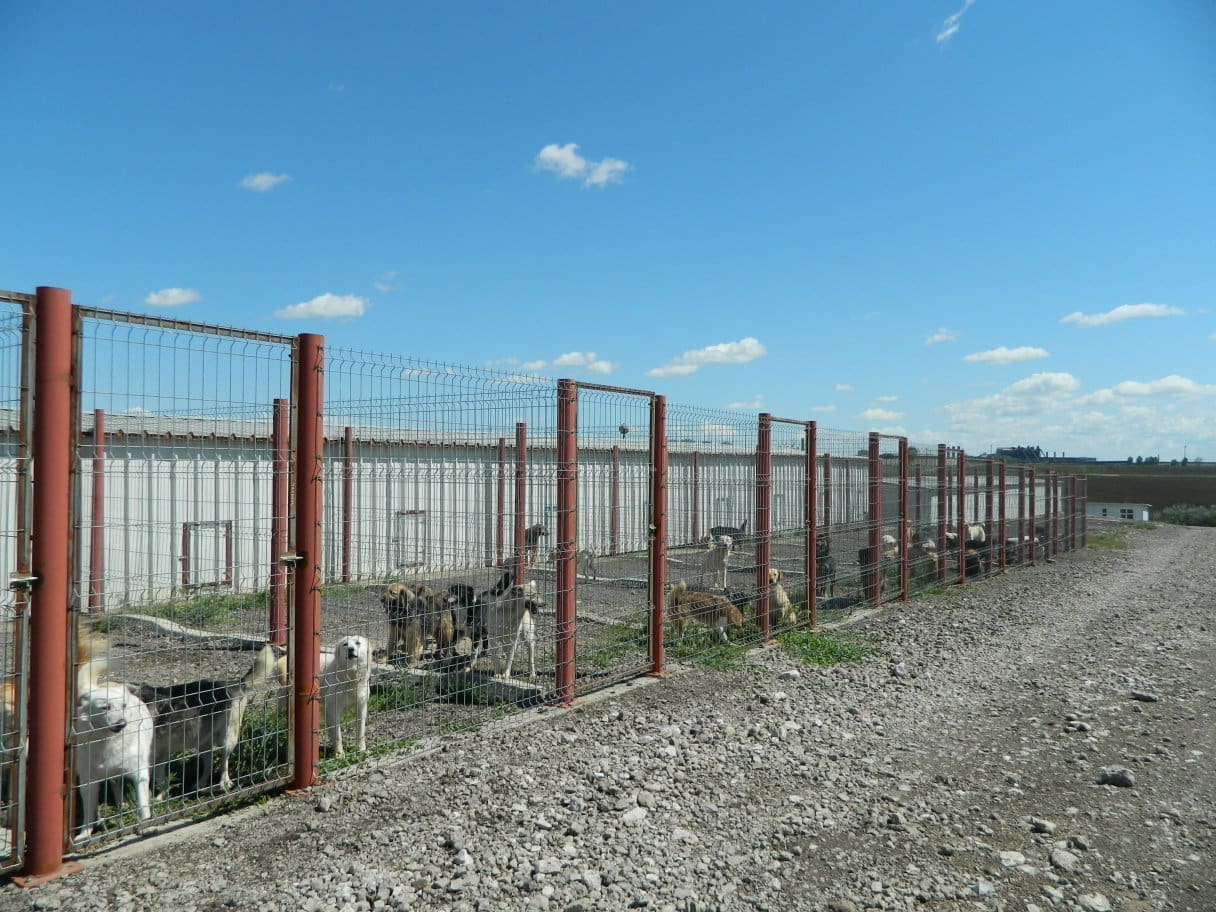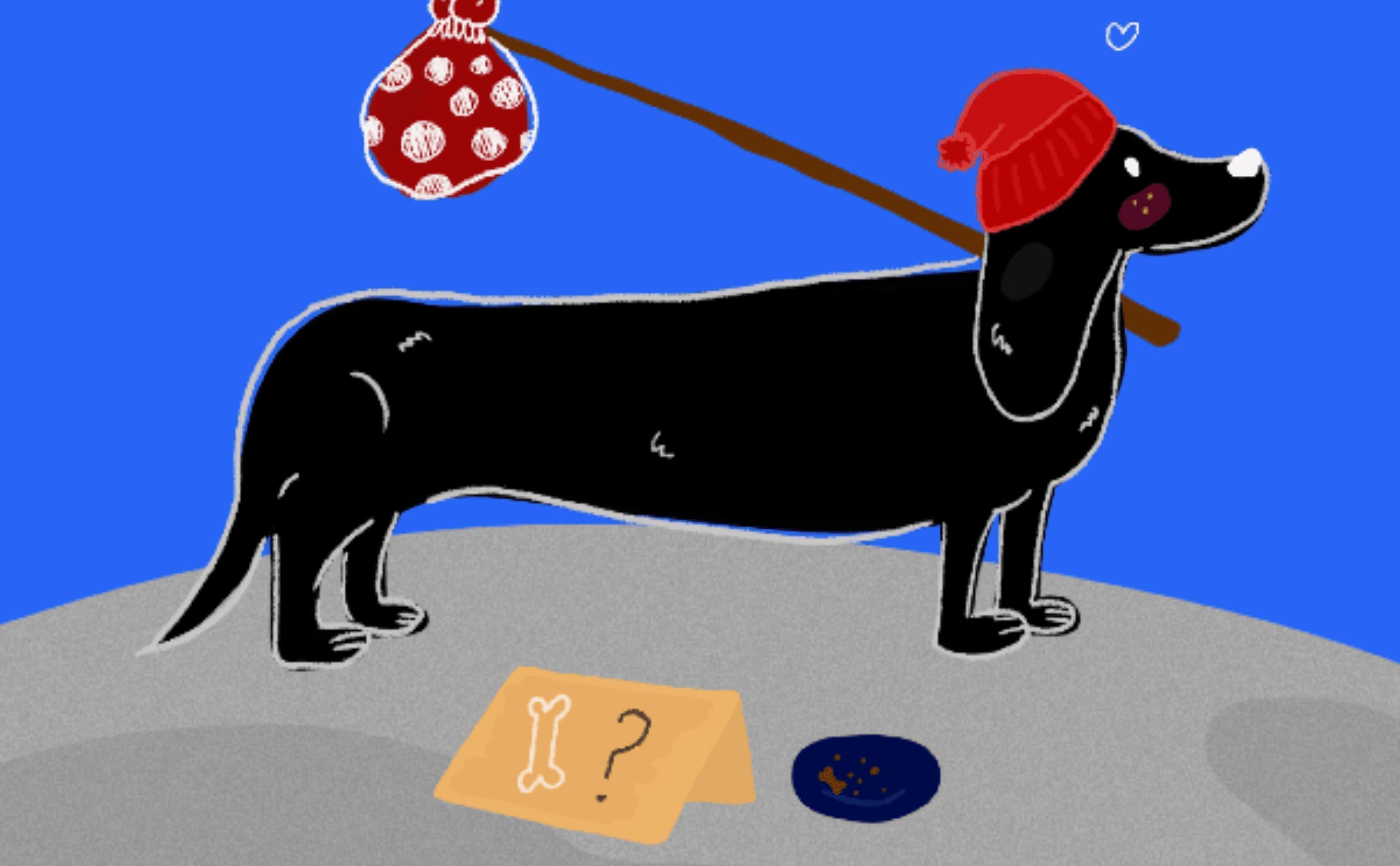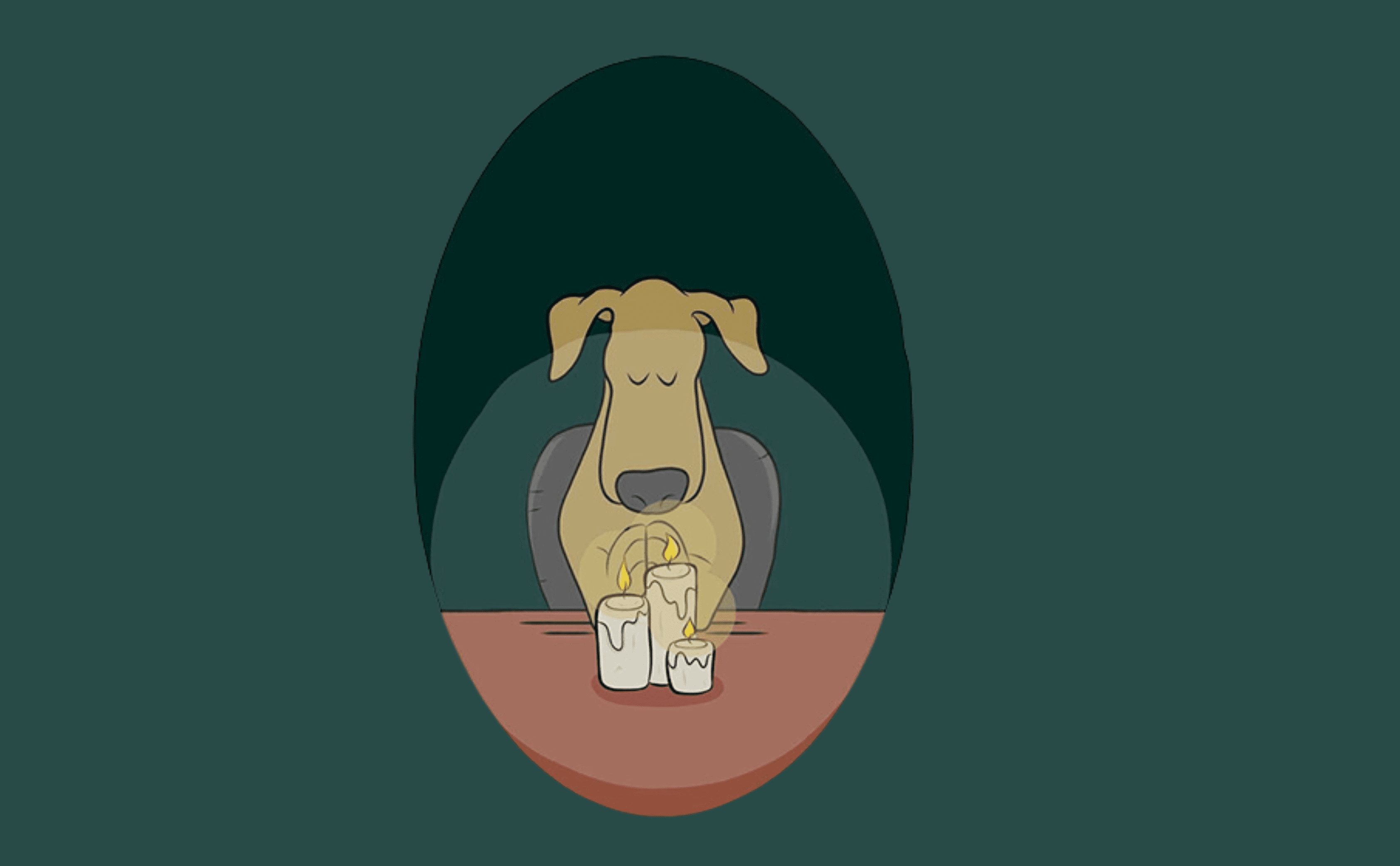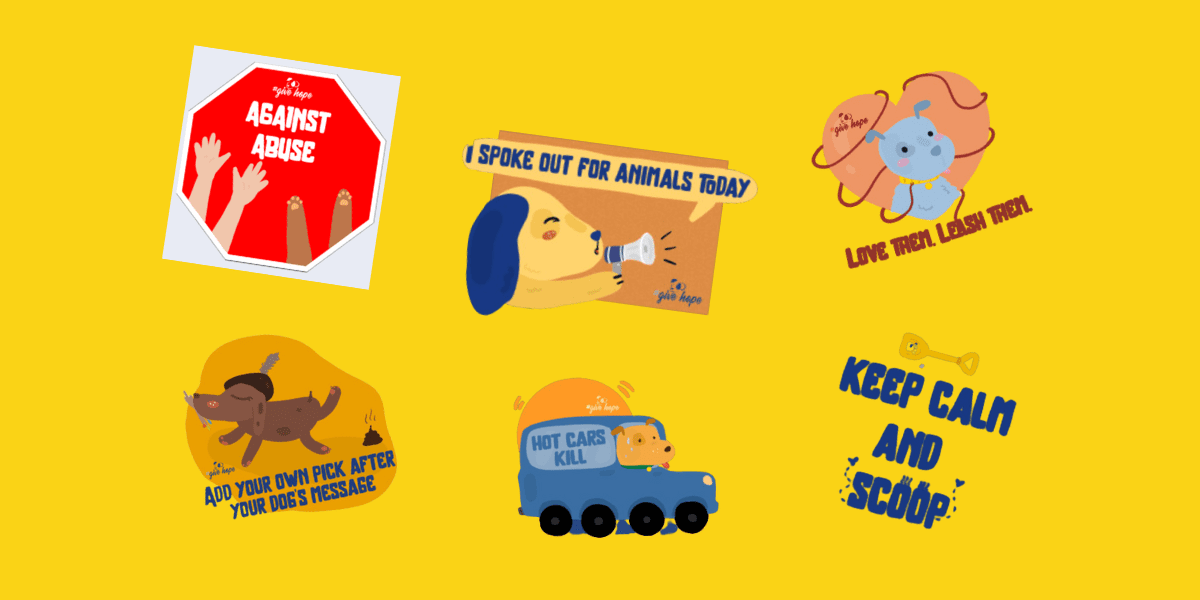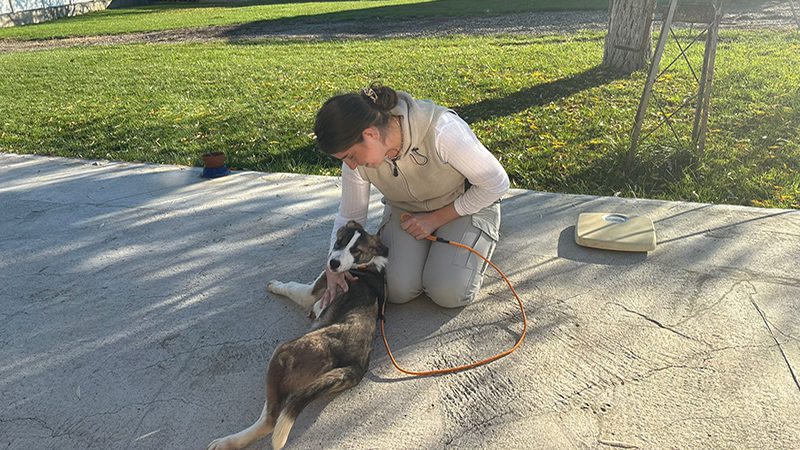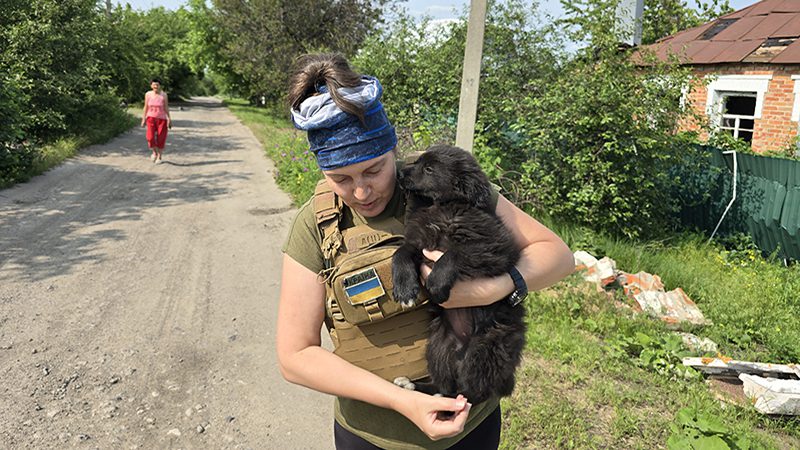Guidelines for Maintaining Canine Health through Nutrition
Once a dog becomes a part of your life, feeding them may appear straightforward—simply offer food twice daily, in moderate amounts. To ensure the well-being and extended lifespan of your dog, there are other aspects to take into consideration apart from merely feeding them.

Once a dog becomes a part of your life, feeding them may appear straightforward—simply offer food twice daily, in moderate amounts. To ensure the well-being and extended lifespan of your dog, there are other aspects to take into consideration apart from merely feeding them. Canines have developed the ability to live harmoniously with humans, yet their nutritional requirements exhibit considerable variation according to breed, age, size, and individual health conditions. It is not as simple as assuming that all dogs have identical dietary needs.
With the progression of our knowledge regarding canine health, our approach to their nourishment has also developed. Nowadays, many dog owners are eager to provide proper nourishment to promote a lengthy, joyful, and robust life for their beloved pets. We no longer consider table scraps as the norm. We should tailor dog food to each breed’s specific needs, not one-size-fits-all.
Where Should You Begin?
For those who have recently become dog owners, the initial action to take is to schedule a visit with a veterinarian. Depending on where you got your dog, you might have some info about their age, breed, how big they’ll get, and any health problems. Don’t forget to think about these factors when planning their diet.
Some people just give their dogs whatever food they can find. This might work, but it could cause health problems later. It’s crucial to select the right dog food for each life stage because their nutritional needs change as they grow. Stray dogs survive by scavenging, while domesticated dogs have more complex nutritional needs because they rely on us for food.
Let’s see how different things affect what food is best for your dog.
Age
Dogs need different food as they get older. Puppies need different things than adult or senior dogs. This might seem obvious, but it’s important to know why these differences are important.
Puppy Nutrition
Puppies undergo a period of rapid growth, which is the most significant in their lives. Small breeds typically achieve approximately 80% of their adult size between the ages of six to nine months. Medium-sized breeds may require up to 12 months, while large breeds may need up to 18 months. Their dietary intake should be conducive to the development of muscles, formation of bones, and proper functioning of organs.
A healthy diet for puppies entails the provision of essential minerals, protein, and high-quality fats. Their bones need phosphorus and calcium, their blood needs iron, and their eyes and brain need omega-3s. Homemade food for your puppy is great, but they might need some extra nutrients.
Since puppies have small tummies, they should eat small meals often—around four to six times a day. Ask your vet to help you find the right quantities.
Adult Dog Nutrition
Once your dog is fully grown, the focus shifts to maintaining their diet. The priority changes from growth to the maintenance of muscle mass, a fortified immune system, and organ function. Adult dogs typically require a diet containing approximately 5% fat, 18% protein, and a balanced combination of vitamins, minerals, and omega-6 fatty acids, which may vary depending on their size, breed, and activity level. When you are cooking meals at home, change the supplements based on your dog’s changing needs as they age.
Adult dogs generally eat two or three times a day. It’s a good idea to discuss the appropriate portion size with your vet.
Senior Dog Nutrition
As dogs age, their nutritional needs change once again. Senior dogs require a diet that supports their immune system more than their energy levels to help prevent age-related diseases and weight gain. For known breeds, people usually consider dogs as seniors when they reach 75% of their expected lifespan. If you lack certainty about your dog’s breed or age, your veterinarian can provide guidance in identifying the onset of their senior years.
Signs of aging are rough fur, less energy, and joint or dental problems. Dogs don’t need as many calories now to avoid weight gain and joint problems. They should eat enough protein to keep their muscles strong, more fibre for good digestion, antioxidants to boost their immune system, omega-3 fatty acids to reduce inflammation, and glucosamine for healthy cartilage and heart.
Health Conditions
Besides age-related needs, dogs may have specific dietary requirements based on their health conditions. For example, if a dog is spayed or neutered, it will affect their metabolism, resulting in a potential need for fewer calories. Any medical condition, regardless of whether it involves postoperative recovery, allergic reactions, or chronic management, can affect your dog’s dietary requirements. Prioritise seeking advice from your veterinarian concerning any necessary dietary alterations.
Size and Breed
Ensuring that dogs receive quality food is essential, and it is important to consider their size and breed, as these factors significantly affect their unique dietary requirements. As an example, it is essential to regulate carefully the rapid growth of all puppies. To prevent joint problems, it is important to regulate the energy intake of large breed puppies. Smaller breeds have different nutrient requirements that need to be balanced accordingly.
Activity Level
The activity level of a dog also plays a role in determining its nutritional requirements. Breeds with high activity levels, such as Australian Border Collies, possess distinct needs compared to less active breeds, like Basset Hounds. Among dogs of the same breed, watching the energy levels of your dog is essential. Consulting your veterinarian is crucial to ensure that you avoid overfeeding or underfeeding.
Treats and Human Food
Rewarding dogs with treats from your plate isn’t a good idea, even though they are known for their begging. By refraining from feeding your dog directly from your plate, you can teach them to avoid begging. If you give in from time to time, they will continue their efforts, fully aware that begging eventually pays off.
It’s fine to treat your dog to healthy snacks like fruits and veggies but check with your vet. It is advisable to limit the provision of snacks to your dog throughout the day, as the accumulated calories can become significant.
Foods to Avoid
While dogs share the omnivorous diet characteristic of humans, certain human foods pose risks to their well-being. Certain types of food can have a toxic effect on dogs, such as:
• Chocolate
• Caffeine
• Garlic
• Onions
• Mushrooms
• Tomatoes
• Citrus fruits
• Foods with artificial sweeteners, especially xylitol
• Macadamia nuts
• Grapes and raisins
• Alcohol
• Milk
• Raw eggs
• Raw or smoked fish
• Ice cream
• Avocados
• Chicken bones
• Liver
• Raw dough
Seek guidance from your vet to ensure the food your dog consumes is safe. Regular veterinary examinations and ongoing conversations about nutritional habits can contribute to the long-term health and happiness of your dog. Once a routine is established, ensuring proper nourishment for your dog becomes instinctive, thereby fostering a lasting and blissful companionship.
 non-US support +44 (0)161 531 8801
non-US support +44 (0)161 531 8801



